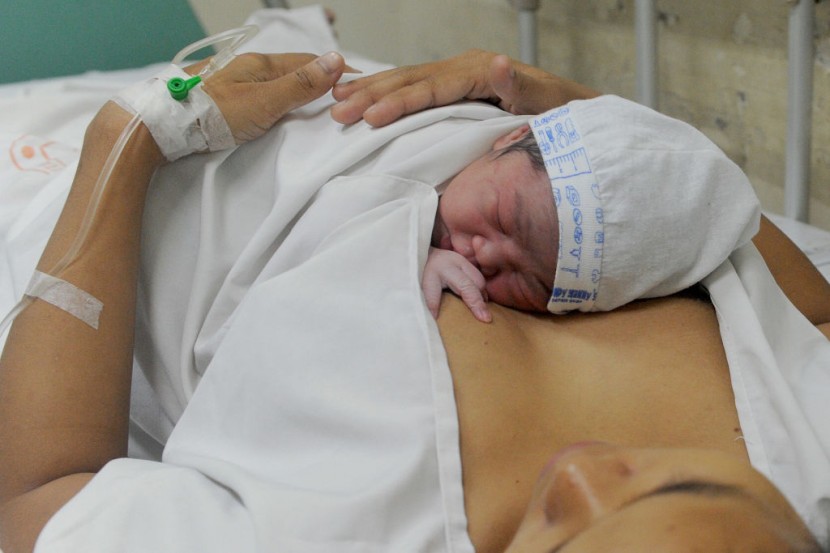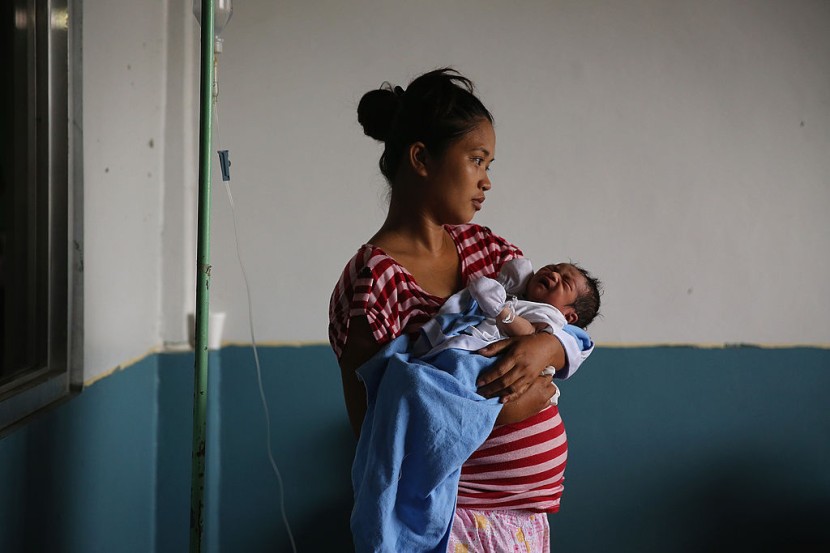The Philippines' new bill aims to tackle the teenage pregnancy issue in the country. This legislation is already making its way through the Congress.
As of writing, the anti-teenage pregnancy bill is already in the Senate. But will this legislation help solve this issue once it becomes law?

Here's what you need to know about the new House Bill 8910 or the Adolescent Pregnancy Prevention Bill.
Philippines New Bill Aims To Solve Teenage Pregnancy
According to The Straits Times' latest report, the new Adolescent Pregnancy Prevention Bill is considered a game changer in the ongoing battle of the Philippines against teenage pregnancy.
It is being campaigned by many groups, such as the Philippines Legislators' Committee on Population and Development.
The non-governmental organization said the Adolescent Pregnancy Prevention Bill is only two steps away from a vote in the Philippine House of Senate.
"We are hopeful that the senators will find the time to deliberate on the measure and see not only the Bill's merit... but also its urgency," said the group's executive director Mr. Rom Dongeto.
He added that teenage pregnancies are among the critical issues that Filipino residents "deeply care about," claiming that having unified support will emphasize the bill's significance and urge swift action for its passage.
Read Also: Philippines Vows to Remove Floating Barriers in the Future
Will Anti-Teenage Pregnancy Bill Be Effective?

If the Adolescent Pregnancy Prevention Bill becomes a law, it is expected to allow children to make their own informed decisions when it comes to their sexuality and health.
"When girls are already sexually active, abstinence is not enough. They need to have access to contraceptives, which is another legal barrier in the country," explained UNFPA (United Nations Population Fund) Philippines representative Dr. Leila Joudane.
She added that this is why she is happy that the House and the Senate are discussing the new Adolescent Pregnancy Prevention Bill. Dr. Joudane added that this legislation will enable Filipinos 15 years old and above to have access to contraception.
CNN Philippines reported that the House of Representatives already approved the third and final reading of the new anti-pregnancy bill in September.
Once it is approved as a law, it will lead to the new inter-agency council called the Adolescent Pregnancy Prevention Inter-Agency Council (APPIAC), which will act as a policy-making body for the implementation and formulation of programs focused on counseling, prevention, and post-delivery care of teenage pregnancy.








